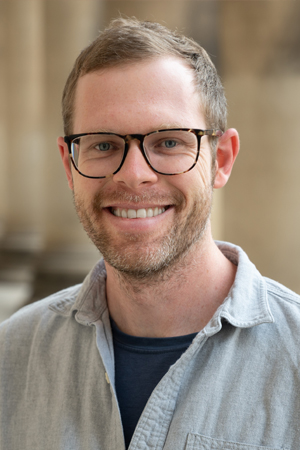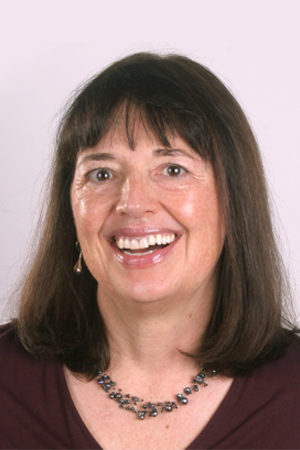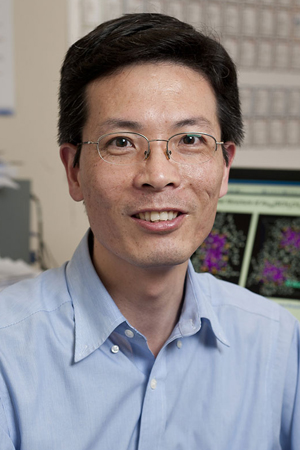MCS Researchers Awarded Kaufman Foundation Grants
- Interim Director of Communications, MCS
- 412-268-9982
Learning how bacteria initiate or exit biofilm communities and how to develop a new class of atomically precise metal alloys are two projects from Carnegie Mellon University researchers receiving a 2023 grant from The Charles E. Kaufman Foundation.
A total of $1.8 million has been awarded for innovative, interdisciplinary scientific research at Pennsylvania universities. Grants are awarded in two categories: New Investigator research and New Initiative research.
Drew Bridges, assistant professor in the Department of Biological Sciences received a New Investigator research grant, which empowers scientists at the beginning of their careers to advance in their fields and address core principles in biology, physics and chemistry, or across the disciplinary boundaries of these fields. New Investigator research grants offer of up to $150,000 over two years.
Bridges, grant is for “Exploring the inter-species interactions controlling bacterial biofilm formation.” This research will determine how bacteria acts in relation to biofilm communities.
These are multicellular formations that allow bacteria to survive as a group. The proposal is to determine how bacteria make lifestyle decisions in realistic conditions that approximate the environments in which they naturally grow. The ideal outcome would be a greater understanding of how bacterial cell-to-cell signaling pathways function in complex communities to shape the living microbiomes in and around us. Eventually, researchers hope to exploit the signal integration components that are characterized in order to control bacterial behavior “on demand.”
“These funds will primarily support research staff in the lab,” Bridges said. “It’s so exciting to have our research be enabled and for people to validate our ideas.”
Chemistry Professors Linda Peteanu and Rongchao Jin received a New Initiatives research grant, which is designed to encourage investigators with strong research records to establish interdisciplinary collaborations requiring expertise beyond that of any single researcher and to take a novel approach to the topic in question. New Initiative Grants are awards of up to $300,000 over two years.
Peteanu is the primary investigator and Jin is the co-investigator for the project titled “Atomically precise metal nanoclusters and their assemblies as ‘ideal’ quantum emitters.” In addition, Elizabeth Dickey, head of Carnegie Mellon’s Department of Materials Science & Engineering will obtain high resolution images of the nanoclusters and their assemblies.
The project’s goal is to develop a new class of materials: Atomically precise metal nanoclusters containing more than one element and having both a precise number of total atoms and atomic composition.
Semiconductor and metallic nanoparticles have received significant attention across the scientific community in recent decades and have reached the point of commercial applications in areas as diverse as biological labeling and high-definition displays. One new area in which their use is now being tested is optical quantum computing. As it develops, this technology promises to revolutionize nearly every area of science. The field of photonics-based quantum computing and cryptography requires the development of thermally stable, single quantum state emitters. This has been a longstanding fundamental goal in the fields of synthetic chemistry and materials science.
The Kaufman Foundation was established in 2005 through a $43 million bequest from Charles E. Kaufman, who had a long career as a chemical engineer and later as an entrepreneur and investor. At his death in 2010, his fortune went to The Pittsburgh Foundation, and $33 million was endowed to support fundamental scientific research in chemistry, biology and physics at Pennsylvania institutions. Including this year’s grantmaking, the Kaufman Foundation has awarded 99 grants totaling $20.4 million since 2013.



